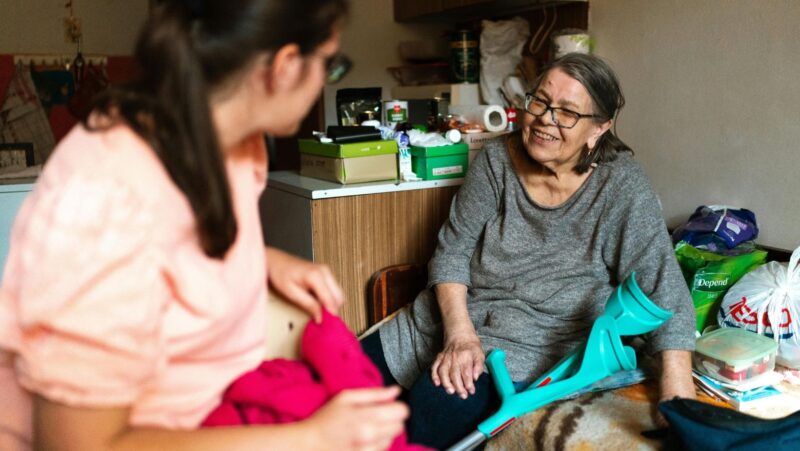
Recovery is rarely a straight path. For many people, addiction begins with a mix of stress, trauma, and unhealthy coping habits, and it often takes time to untangle those roots. This is why comprehensive rehab programs are so important — they look beyond short-term abstinence and focus on creating the foundation for lasting change.
Beyond Detox: Building a Framework for Growth
A common misconception is that recovery starts and ends with detox. While detox is a vital first step, it only addresses the physical side of addiction. Comprehensive programs take recovery further by weaving together medical care, therapy, education, and support systems. This combination ensures that healing is not just about the body, but also about the mind and spirit.
For example, evidence-based therapies like CBT and DBT help individuals recognize destructive patterns and replace them with healthier coping mechanisms. At the same time, group therapy and peer support allow people to feel understood — and less alone in their struggles.
Treating the Whole Person
Addiction doesn’t exist in a vacuum. It often goes hand in hand with mental health conditions such as depression, anxiety, or trauma. Effective rehab programs integrate dual-diagnosis treatment, addressing both substance use and underlying mental health challenges.

Holistic approaches also play a role. Incorporating practices like meditation, yoga, or art therapy gives people additional outlets to process emotions and build resilience. These tools help individuals rediscover joy, creativity, and meaning — key elements in sustaining recovery after treatment ends.
Family and Community Involvement
Recovery is not just an individual journey; it’s also relational. Families often carry the impact of addiction and need healing as much as the person in treatment. Comprehensive programs include family therapy and educational workshops, giving loved ones the tools to rebuild trust and improve communication.
Community connections are equally important. Building relationships with support groups, mentors, and sober networks helps people stay accountable while creating a sense of belonging. These bonds can often be the difference between relapse and resilience.
Preparing for Life After Treatment
One of the most powerful aspects of comprehensive rehab is its focus on the transition back into everyday life. Aftercare planning, vocational training, and relapse prevention strategies equip individuals with practical skills to handle stressors without returning to old habits.
For many, continuing care looks like sober living, alumni programs, or outpatient therapy. These services extend support beyond the walls of the facility, helping people navigate real-world challenges with confidence.
The Path to Long-Term Healing
True recovery is about more than putting substances aside; it’s about building a life that feels worth living. By treating the root causes of addiction, strengthening mental health, and involving families and communities, comprehensive programs create the conditions for lasting success.
For those seeking support, options like rehab northern california provide a full spectrum of care designed to meet people where they are and guide them toward a brighter future.












